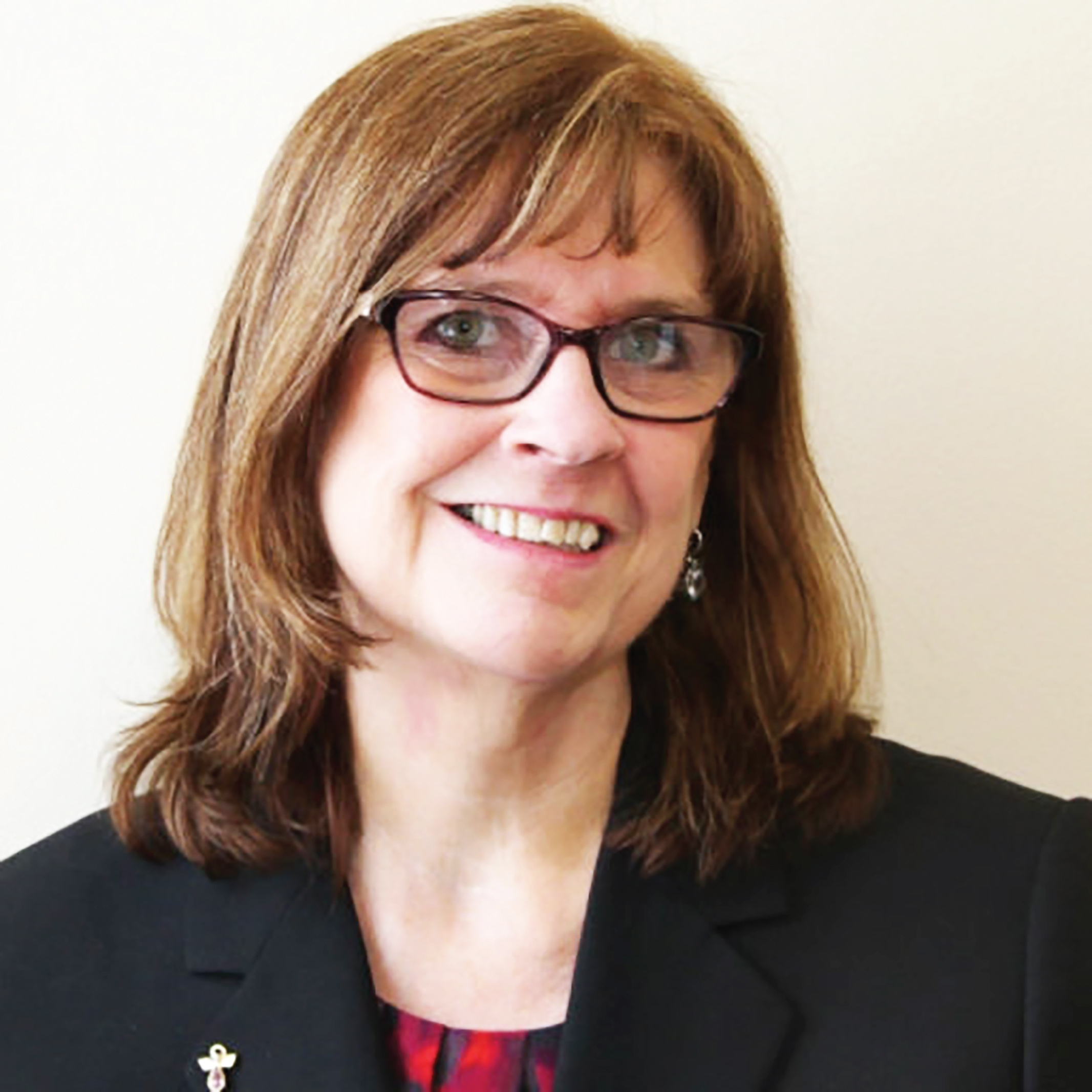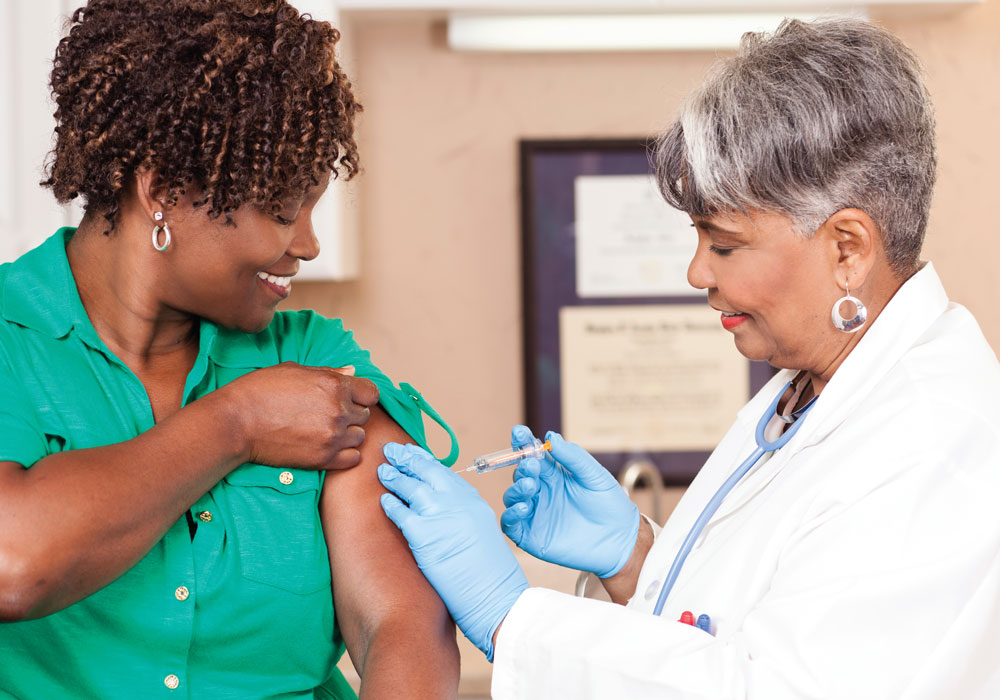Research influences care along every inch of the cancer continuum, from prevention to survivorship, enabling healthcare professionals and patients to share decisions that result in the most current and tailored care strategies. It’s a powerful tool that sets the groundwork for providing optimal health outcomes. However, we must work to eliminate unequal representation.

Social determinants of health create barriers to equal quality of care. However, we can’t solve the problem with the flip of a switch. Health-related barriers are multifaceted and require a great deal of time and attention from various sectors across our communities.
Humans have a regrettably long history of poverty and discrimination that has created a complex challenge to healthcare reformation at micro, meso, and macro levels of society. Furthermore, I believe the COVID-19 coronavirus pandemic will result in a critical shift in income, health insurance coverage, and delayed diagnosis and treatment, creating larger disparities and adding to populations already at risk for poorer health outcomes and an increased burden of cancer.
I focus my research on examining cancer prevention, screening, and health services in Medicaid, Medicare, and uninsured populations so I can better identify gaps in evidence-based cancer care. My current projects include community-targeted education in lung, colorectal, kidney, oral, and prostate cancers, state and regional lung cancer prevention and screening, and community-based breast cancer genetic education for African American women.
With these studies, I’m examining risk factors that affect adults at the individual level but also highlighting systematic barriers to obtaining information, education, and access to preventive health measures like cancer screening. The research outcomes will inform community-based education and interventions to increase awareness of cancer risks and improve access to care.
My hope is that all healthcare professionals, especially nurses, can keep social determinants of health at the forefront of our work. The translation of research to practice and ultimately policy change is essential to deliver optimal care, and nurses should be aware that each of us, in our diversified roles as researchers, practitioners, and policymakers, have key responsibilities in this process.
Oncology nurses are well positioned on interdisciplinary teams comprised of community members, healthcare providers, allied health professionals, academics, and healthcare and government agencies to address these concerns. As educators and researchers, we can continue examining social determinants and their relationship to increased risk of cancer and other chronic diseases. Nurses can also expand access to care so all patients, no matter their background, receive an equitable quality of care. I am confident that oncology nurses will make a tremendous impact in changing and improving the landscape of cancer care.






